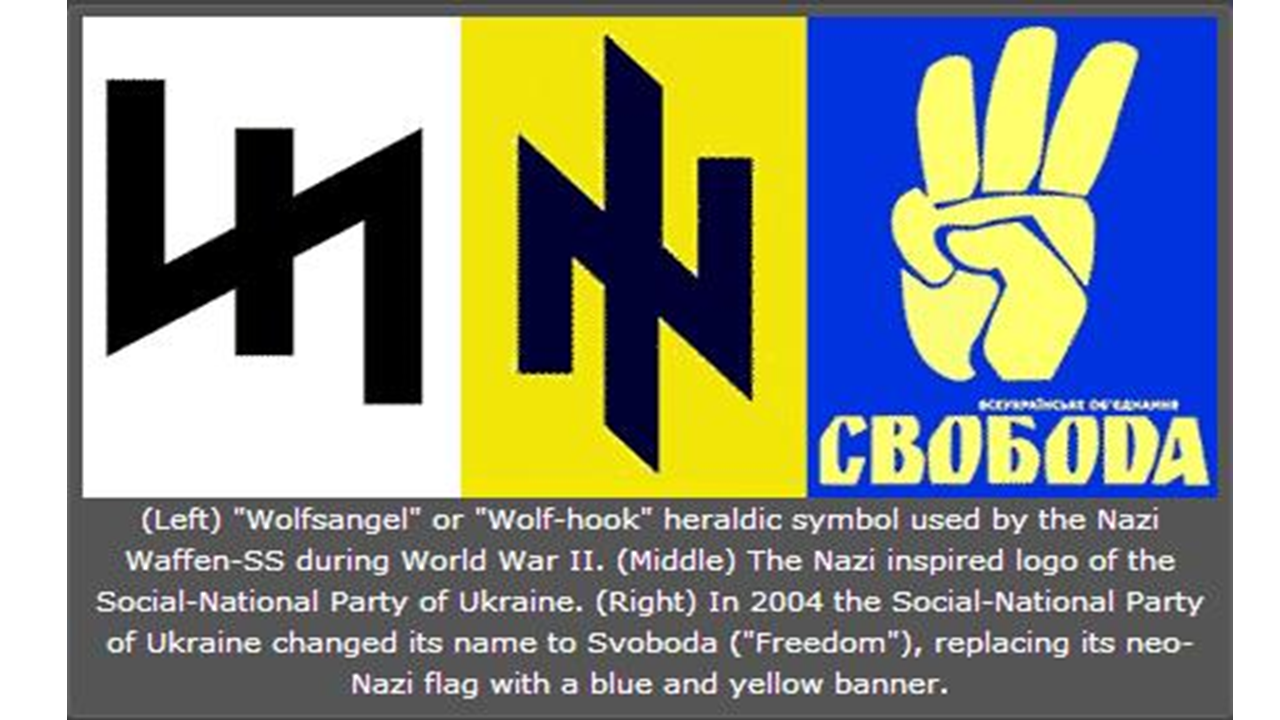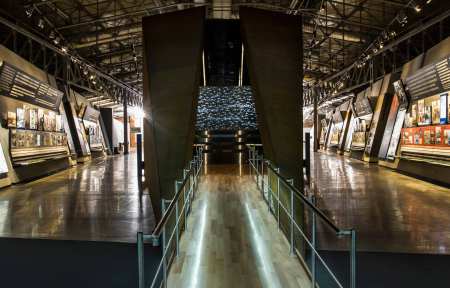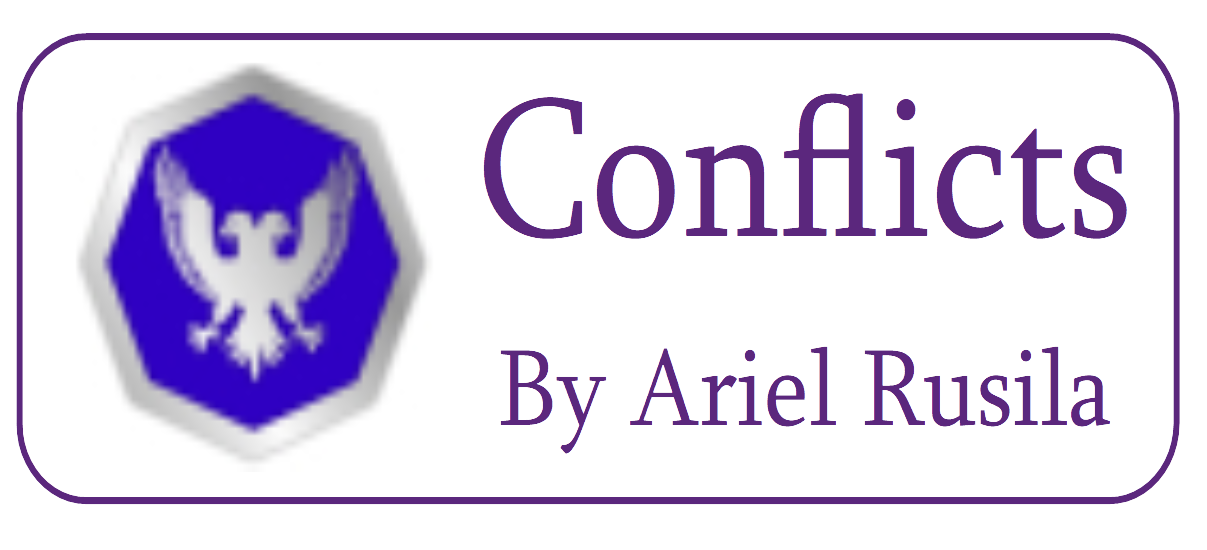“We believe that in the current conditions Russia cannot continue with the realisation of this project [South Stream].” (Vladimir Putin)
 Russia’s $40 billion South Stream gas pipeline project came to reach a standstill on Monday 1st Dec 2014 when, as the WSJ reports, Russian President Vladimir Putin said: “We couldn’t get necessary permissions from Bulgaria, so we cannot continue with the project. We can’t make all the investment just to be stopped at the Bulgarian border.”
Russia’s $40 billion South Stream gas pipeline project came to reach a standstill on Monday 1st Dec 2014 when, as the WSJ reports, Russian President Vladimir Putin said: “We couldn’t get necessary permissions from Bulgaria, so we cannot continue with the project. We can’t make all the investment just to be stopped at the Bulgarian border.”
The main reasons for halting the South Stream are plunging energy prices, stalling European demand, interpretation of the European Commission that all bilateral agreements (IGAs) for the construction of South Stream are all in breach of EU law and mostly the political standoff between the European Union and Moscow over the crisis in Ukraine.
The announcement on scrapping South Stream came during a visit by Russian President Vladimir Putin and Gazprom chief executive, Alexei Miller, to Turkey, during which Putin proposed building it to Turkey instead, offering its gas at a discount.
South Stream
South Stream is a Russian sponsored natural gas pipeline. As planned, the pipeline would run under the Black Sea to Bulgaria, and continue through Serbia with two branches to Bosnia and Herzegovina and to Croatia. From Serbia the pipelines crosses Hungary and Slovenia before reaching Italy. Its planned capacity is 63 billion cubic metres per year (bcm/y).
The key partner for Russia’s Gazprom in the South Stream project is Italy’s largest energy company, ENI.
Russia signed intergovernmental agreements with:
- Bulgaria – January 18, 2008;
- Serbia – January 25, 2008;
- Hungary – February 28, 2008;
- Greece – April 29, 2008;
- Slovenia – November 14, 2009;
- Croatia – March 2, 2010;
- Austria – April 24, 2010.
The construction of South Stream started on December 7, 2012 is scheduled to be completed by 2015. The offshore section of the pipeline, which will run in part along the seabed and reach the maximum depth of 2,200 m, will be 931 km long. Each of the four parallel strings of the pipeline will consist of 75,000 pipes, each 12 m long, 81 cm in diameter, 39 mm thick and weighing 9 tonnes.

South Stream and partners
Last December (2013), the European Commission said that all bilateral agreements (IGAs) for the construction of South Stream are all in breach of EU law and need to be renegotiated from scratch (Source: Euractiv ).
“Field status” as solution
The European Commission threatened to launch legal action on grounds that South Stream violates EU anti-monopoly laws, with Bulgaria halting construction in August 2014. There are two main requirements for the eligibility of major new gas infrastructure projects like South Stream to be developed in the EU in compliance with the European Commission Directive 2009/73/EC concerning common rules for the internal market in natural gas. The first one relates to the unbundling between the suppliers and the owners of infrastructure, while the second one relates to the granting of third party access to the transmission and distribution systems. This is a formality – the real cause to block South Stream from EU side is of course political confrontation due Ukraine.
Bulgaria and Russia have been discussing the possibility of reclassifying the Bulgarian section of the South Stream gas pipeline into a field pipe to exempt it from EU restrictions. Indeed “the field status” could solve all the problems on restrictions related to the EU third energy package.
In the case of the South Stream Russia’s Gazprom cannot be engaged in production, transportation, and sales of natural gas at the same time. But the pipes carrying gas from EU’s sea shelf fields have a special field status, which exempts them from the restrictions of the legislation.Under EU legislation, pipelines carrying gas from the sea shelf wells of EU countries, particularly Germany, France and Belgium, have a ‘field pipeline’ status that exempts them from the requirement for mandatory granting of access of third parties to the pipeline.Austria’s OMV, Gazprom’s partner in the Austrian section of South Stream, produces gas on the Bulgarian Black Sea shelf, and a pipeline built by OMV to carry gas from the shelf can be later included in the project by reassignment of rights. (Source and more at Novinite: Bulgaria, Russia Discuss Exempting South Stream from EU Restrictions )
Consequences
The main loser of possible cancellation of South Stream project will be Bulgaria. The direct budget revenues that Bulgaria would have had from [gas] transit were at least €400 million a year. The share in the country’s €40 billion GDP to come from South Stream was expected to be 1.5 percent, according to Bulgarian Economic Ministry. Direct investment was supposed to be around €3 billion creating around 2,500 new jobs. The Northern parts of the country, through which the main pipeline route would be laid, were expected to have significantly improved social infrastructure and become more attractive to investment.
Besides Bulgaria also Serbia, Austria and Italy would have made big time revenue, and employed lots of people in need of jobs, by being links in the South Stream chain. Now they will have to pay the Turk Stream toll booth to secure their energy needs.
“For Serbia it [South Stream] has been the cornerstone of our industrial strategy for the next 10 years so the situation is worrying us,” Vuk Jeremic, former foreign minister of Serbia, told New Europe on the sidelines of the Athens Forum 2014 on September 15. “Right now the bets are off. But I’m hopeful that there will be progress in the future. But it would have to be part of a wider development of normalisation of relations between Russia and the West which currently does not seem to be in the making,” he said. Reminding that Gazprom is one of the biggest foreign investors in Serbia, Jeremic stressed that such a project would be of immense importance for his country’s economy so there are reasons for Belgrade to be worried.”
In addition with Turk Stream a reality, Ukraine has lost its strategic energy significance. The project operator South Stream Transport estimates that European companies will lose at least 2.5 billion euros because of the abandoned project. Japanese companies who were participating in the project will lose some 320 million euros – a Japanese consortium made up of Marubeni-Itochu and Sumitomo had received a pipe supply order worth that amount. (Source: Russia Beyond the Headlines )
If Gazprom decides to choose Turkey and Greece for the South Stream route, the pipeline project would largely resemble the TANAP-TAP project to bring Azeri gas to Italy through the territories of the same countries. The Trans-Anatolian gas pipeline (TANAP) is a proposed natural gas pipeline from Azerbaijan running through Turkey. The approximately 870 km long TAP pipeline connects with TANAP, and will cross Greece and Albania before reaching Italy through an offshore section. It is to be built by a consortium led by BP, Norway’s Statoil and Azerbaijan’s SOCAR. TAP is in an advanced stage of preparation and the start of its construction is planned in 2016.
Gazprom had spent 487.5 billion rubles ($9.4 billion) in the last three years on South Stream and upgrading the Russian pipelines that would have supplied it. Some of that work can be used for a separate link to Turkey. Supply contracts and intergovernmental agreements surrounding the project remain in force. The infrastructure built in preparation for South Stream will be used for “Turk Stream”.
“Turk Stream” instead?
Related to implementation of South Stream Russia agreed on 6th August 2009 with Turkey about energy cooperation with South Stream and also development of Blue Stream pipeline between Russia and Turkey under Black Sea so South Stream has secured also an alternative route. While EU started to create obstacles to project and in case Bulgaria continues to obstruct the construction of the South Stream pipeline this cooperation made base for Gazprom’s “Plan B”. Also on 24 May 2014 Russian President Vladimir Putin already hinted at another route for South Stream, during his meeting with leaders of world media.
Ankara would allow South Stream to reach Turkey under the Black Sea instead of Bulgaria, as originally planned. Russia would prefer not to opt for a plan B, but if the Commission doesn’t stop pressuring Bulgaria to freeze the construction of the pipeline, this alternative appears to be a viable option.
While announcing about South Stream hold off the Russian leader said he will add an extra branch to his existing Blue Stream gas pipeline to Turkey and build a new storage and trading “hub” on the Turkish-Greek border. The pipeline will have an annual capacity of 63 billion cubic meters. A total of 14 bcm will be delivered to Turkey, which is Gazprom’s second biggest customer in the region after Germany. The rest can be shipped through Turkey’s pipeline network to the Balkans.

On the left, the planned South Stream route, to the right, the Blue Stream pipeline to Turkey. Image from http://www.gazprom.com
Russia’s energy minister Aleksandr Novak said that the new project will include a specially-constructed hub on the Turkish-Greek border for customers in southern Europe. Novak later confirmed that Vladimir Putin personally ordered for the South Stream project to be mothballed, and its existing facilities to be repurposed for the new Turkish pipeline. (Source: RT )
The clear winner of new plans is Turkey – the in-between partner and energy hub – who will take gas from Iran and Russia to Europe. In addition Russia and Turkey also noted that plans for Russian firm Rosatom to build a $20 billion nuclear power plant in Turkey are proceeding full speed ahead.
The bottom line
South Stream exposed cracks in EU strategy as Hungary, Austria, Serbia and Bulgaria among others saw it as a solution to the risk of supply disruptions via Ukraine, which have occurred three times during the last decade. Brussels, on the other hand, saw it as entrenching Moscow’s energy stranglehold on Europe. It remains to see whether Russia’s decision was final or a political ploy – a tactical step – to gain more favorable terms.
From my point of view the original South Stream is the better alternative than “Turk Stream” as it is the direct option to EU/Europe and avoid a transit risk related to Ukraine or Turkey so in my opinion the best follow-up would be attempt to solve Russia-EU differences and run pipeline directly to Europe as initially planned.
P.S:
Turkey, the country that bridges Europe with Asia is merely the latest expansion of Putin’s anti-dollar alliance as Turkey and Russia agree to use local currencies in trade. Wider perspective about this issue can be read from my article ¥uan and Waterloo of Petro$

Update 05/12/2014:
The South Stream pipeline crossing southeastern Europe could still be completed, despite the stated intention of President Vladimir V. Putin of Russia to abandon the project, according to Jean-Claude Juncker, president of the European Commission. The comments by Mr. Juncker, at a news conference here on Thursday, indicated that the bloc was intent on keeping at least the idea of the South Stream project alive — despite the European Union’s sanctions against Russia over the crisis in Ukraine, and despite the Europeans’ longstanding skepticism about a pipeline that could extend the region’s heavy reliance on Russian energy.
“South Stream can be built,” Mr. Juncker said. But, he added, “the ball is in the court of Russia.” Mr. Juncker’s comments — as surprising in some respects as Mr. Putin’s sudden decision to reroute the pipeline — were the latest twist in a project that has became a geopolitical tug of war between Brussels and Moscow. (Source: NYT )


 President Putin’s only remaining playing card is a nuclear weapon, and when cornered, he can also use it. At the mildest end, what can be expected is a show-like test shot, which in itself is not harmful to anyone. The situation becomes more challenging if a tactical nuclear warhead is used in Ukraine, I don’t doubt that the Western countries would then be able to destroy the Russian armed forces in the territory of Ukraine with conventional missiles.
President Putin’s only remaining playing card is a nuclear weapon, and when cornered, he can also use it. At the mildest end, what can be expected is a show-like test shot, which in itself is not harmful to anyone. The situation becomes more challenging if a tactical nuclear warhead is used in Ukraine, I don’t doubt that the Western countries would then be able to destroy the Russian armed forces in the territory of Ukraine with conventional missiles.


 Posted by Ariel Rusila
Posted by Ariel Rusila 



 Lund, Sweden, August 7, 2015
Lund, Sweden, August 7, 2015




 R
R












